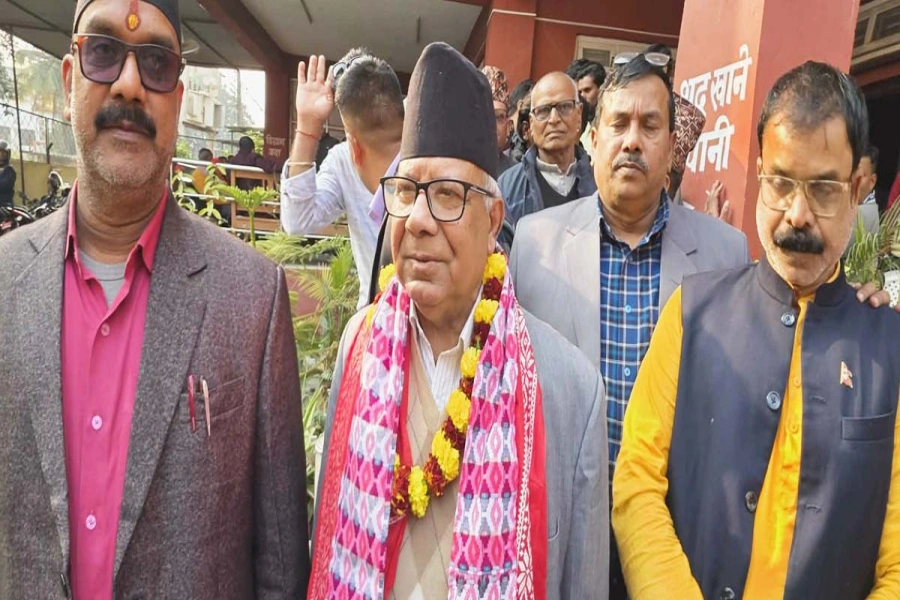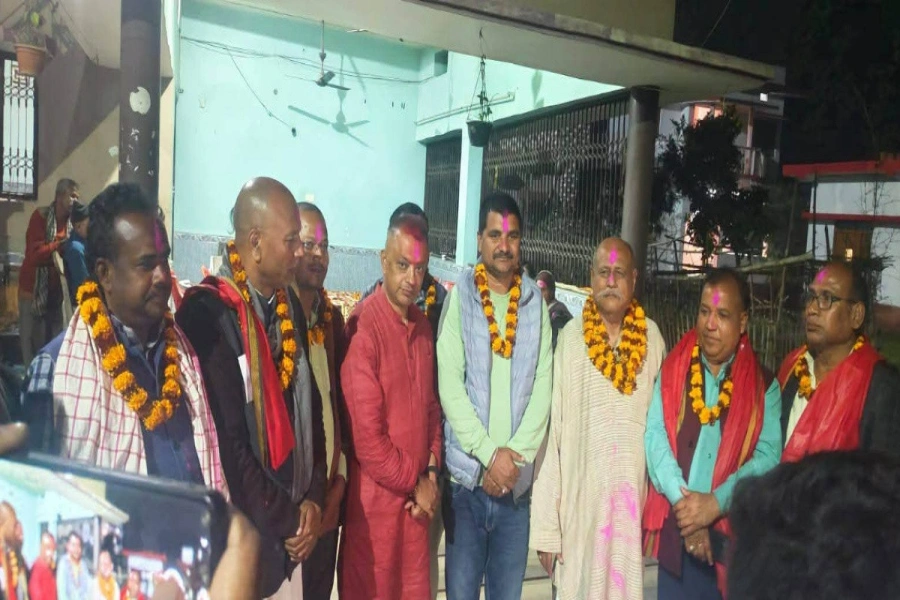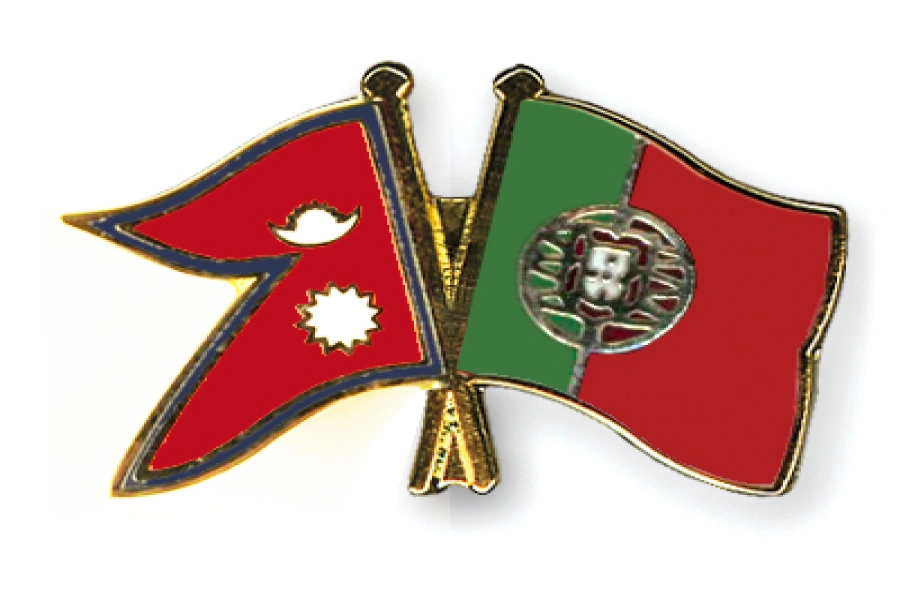In the complex world of international relations, especially when it involves neighboring countries with shared histories, the importance of open dialogue and understanding cannot be overstated. In this context, the Eminent Persons Group (EPG), jointly formed by the governments of Nepal and India, carries significant weight. It represents the effort of both nations to identify areas of concern in their bilateral relations and chart a path towards stronger ties. It is both surprising and regrettable that the Indian government has been reluctant to formally receive the report prepared by the EPG, which has been gathering dust for over five years now. The EPG was not a one-sided endeavor; it was a collaborative initiative aimed at addressing mutual challenges. Both governments actively participated in its formation, and the EPG members from both countries unanimously formulated the recommendations. Therefore, it is fair enough that the governments of both Nepal and India should accept the report.
The purpose of the EPG was not to impose mandatory directives but to offer valuable insights into the areas that require attention and improvement. Embracing the report does not bind either nation to implement every recommendation blindly; rather, it signifies a commitment to understanding each other's concerns and aspirations. The EPG report is an opportunity to reflect on the evolving reality of the bilateral relationship between Nepal and India. While the report may highlight areas of contention, it also presents an excellent chance to build bridges and strengthen ties. It is essential to view the report as a roadmap for constructive engagement and progress. The findings of the report may serve as a catalyst for both nations to redefine their relationship in a way that fosters trust, cooperation, and mutual respect. The reluctance of the Indian government to receive the EPG report is indeed puzzling. It undermines the spirit of collaboration and diplomacy that led to the formation of the EPG in the first place. Instead of shying away from the report, New Delhi should embrace the opportunity to engage in open dialogue with Nepal, addressing the concerns raised, and finding common grounds for a more prosperous future.
Why is Nepal India EPG Report Gathering Dust?

Former foreign ministers and experts advocating for the unilateral release of the report to the Nepalese government have raised a valid point. The public deserves the right to know the recommendations contained in the EPG report. Transparency and openness in diplomatic matters build trust and foster public support. Therefore, the suggestion that if the Indian government continues to resist officially receiving the report, the Nepalese government should consider making it publicly available to promote accountability and transparency cannot be taken otherwise. In fact, the EPG members from both the countries worked really hard to produce this report, and it should not go to waste due to inaction. The government of Nepal must show leadership in this regard and demonstrate its commitment to building stronger bilateral relations. While the report may have implications for both nations, it is essential to view it as a positive step towards growth and development. Rather than perceiving it as a threat to the status quo, the Indian government should also recognize the EPG report as an opportunity to evolve its relationship with Nepal, fostering greater cooperation and understanding.
As the dynamics of our relations have witnessed significant changes over the years, it is essential to move beyond the security umbrella doctrine that many argue the Indian establishment pursues and embraces a shared concern and mutual benefit doctrine in Nepal-India relations. By doing so, both the nations can transition from historical grievances and move towards a future marked by cooperation and shared prosperity. Needless to say, the EPG report represents a milestone in Nepal-India relations, and its recommendations can potentially serve as a valuable guide towards progress and collaboration. Both governments should accept and embrace the report as a symbol of their commitment to transparency and bilateral growth. The public deserves the right to know the findings, and if necessary, the Nepalese government should consider releasing the report unilaterally if its efforts to persuade the Indian side to receive it fail to materialize. As a newspaper, we believe that embracing the EPG report is not a sign of weakness but a display of maturity and openness to dialogue, understanding, and constructive engagement.





































